UC Davis Health employees: For lost or stolen devices, contact Help Desk at 916-734-4357. Suspect a phishing attempt, forward the email to abuse@ucdavis.edu.
Be Cyber-Smart!
8 Habits to Stay Cyber-Safe
As we grow more dependent upon technology, we need to develop better online security defenses. These eight habits will help you to recognize and counter threats to your digital safety and become less vulnerable to cyberattacks.
-

1. Think twice before clicking on links or opening attachments
Even if an email looks like it's from someone you know, take care with attachments. Take that extra second to avoid walking into a digitally dangerous situation. Don't reply to the email because the sender's identity might have been compromised.
-
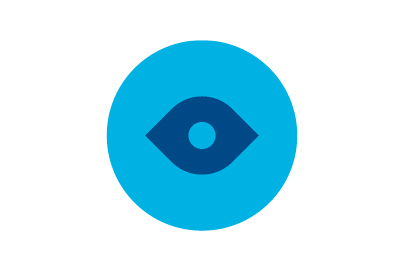
2. Verify requests for private information
Whenever you are requested to provide private information (yours or anyone else's), verify the identity of the requester — even if it appears to be somebody you know. Con artists are clever in how they collect information to steal information and identities. Even if you think you're safe, regularly check your financial statements and credit reports.
-
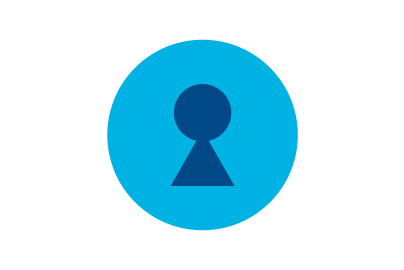
3. Protect your passwords
Never reveal your passwords to anyone. Make them long, strong, unique and use multi-factor authentication (MFA) wherever possible.
- Use a password manager such as LastPass or RoboForm.
- Use different passwords for different accounts.
- Use different passwords for work and home.
- Don't let apps and websites remember your passwords.
-
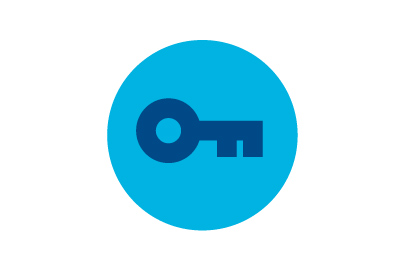
4. Protect your stuff!
Keep a close eye on your belongings when you're in public places. Lock things up or take them with you before you leave, even if you’ll only be away for a second. When you're at work, secure your area and lock your computer screen before leaving your desk. Take your phone and other portable items with you.
-
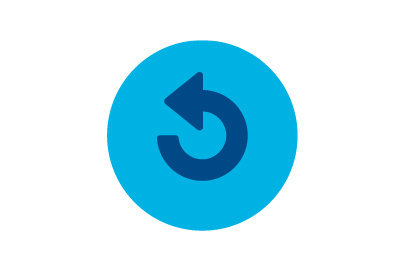
5. Keep your devices, browsers, and apps up to date
At home, automate software updates and periodically restart your devices to ensure that updates are fully installed. UC Davis Health IT manages workstation updates and restarts.
-
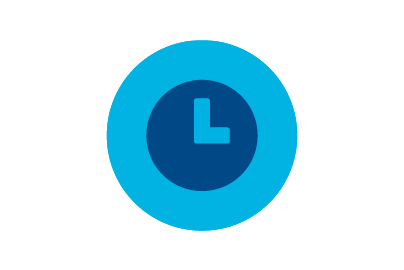
6. Back up critical files
Store backups in a physically separate location from the originals and periodically test them. For critical work files, use storage options that are approved by UC Davis Health IT. For personal files, save a backup on a separate drive (e.g., cloud or encrypted USB) to securely store it.
-
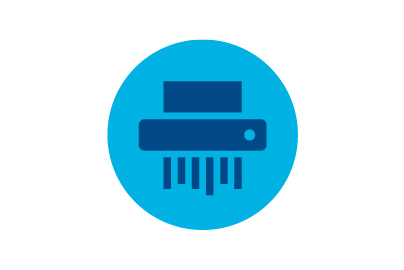
7. Delete sensitive information when it's no longer needed
UC employees should follow the UC Records Retention Schedule that defines the period of time that records should be retained and when they should be destroyed.
-
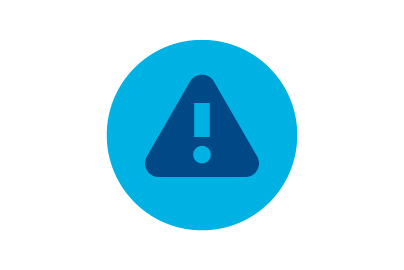
8. If it's suspicious, report it!
Learn how to recognize suspected scams and other suspicious activities. At work, suspicious emails should be forwarded as attachments to abuse@ucdavis.edu. Report other cybersecurity concerns to the Help Desk: 916-734-HELP (916-734-4357).
